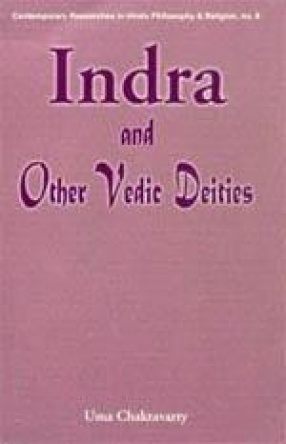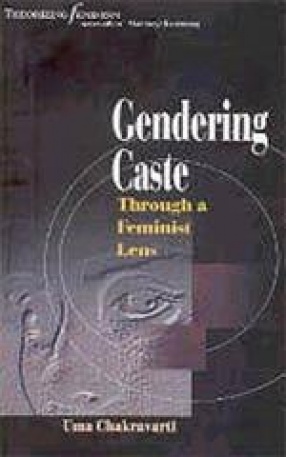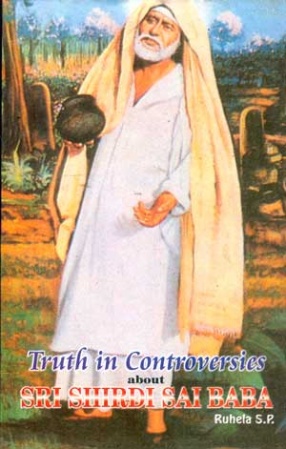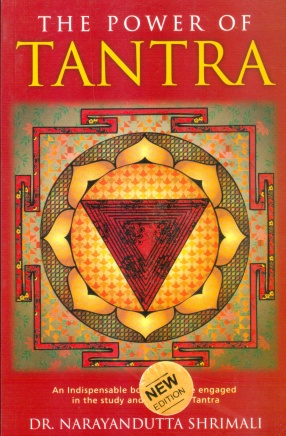Indra and Other Vedic Deities
In deities: whether in anthropomorphic or symbolic forms, the Vedic sages conceived a transcendent principle, which is far too subtle, far too abstract for the ordinary minds to grasp. And likewise, they concretized "as divinities" the various forces of nature - recognizing the indispensability of rain and thunder, of the sun and fire for human survival. Alongside the material representations of the cosmic order or of nature and nature-related phenomena, mankind has also mythologized some of its exceptionally great personalities (like, for instance, the Buddha, Mahavira and Jesus), who were believed to incarnate superhuman qualities or the highest of human ideals - though these deities of our times were veritably the 'magnified' men of real history. Dr. Uma Chakravarty'
book investigates this phenomenon of euhemerism: the deification of historical personages, from among the divinities of Vedic writings. It is the first, all-exclusive study to look into the evolution of euhemeristic deities of the Vedic period and how these mortals-turned-gods came to have varying deific positions on the hierarchic scale of the Vedic pantheon. Meticulously describing Indra, the Ribhus, the Ashvins and the Maruts — together with the connotations of their names and epithets — the author not only explores the rationale behind the age-old euhemerism, but even the historicity of the events leading to their mythologization. Supported by extensive bibliographic references, the book is a brilliant effort to demonstrate the complementarity of history and mythology. And is, thus, invaluable to the scholars of Indology and its kindred disciplines.
Get it now and save 10%
BECOME A MEMBER








Bibliographic information